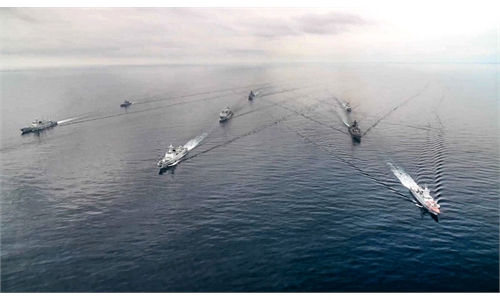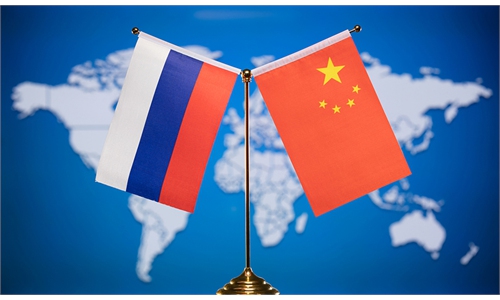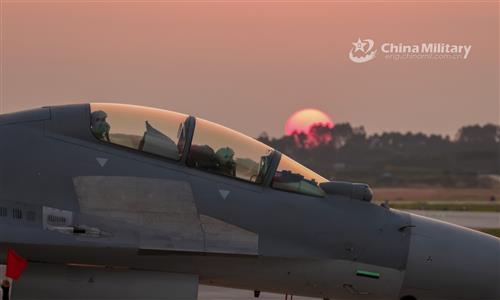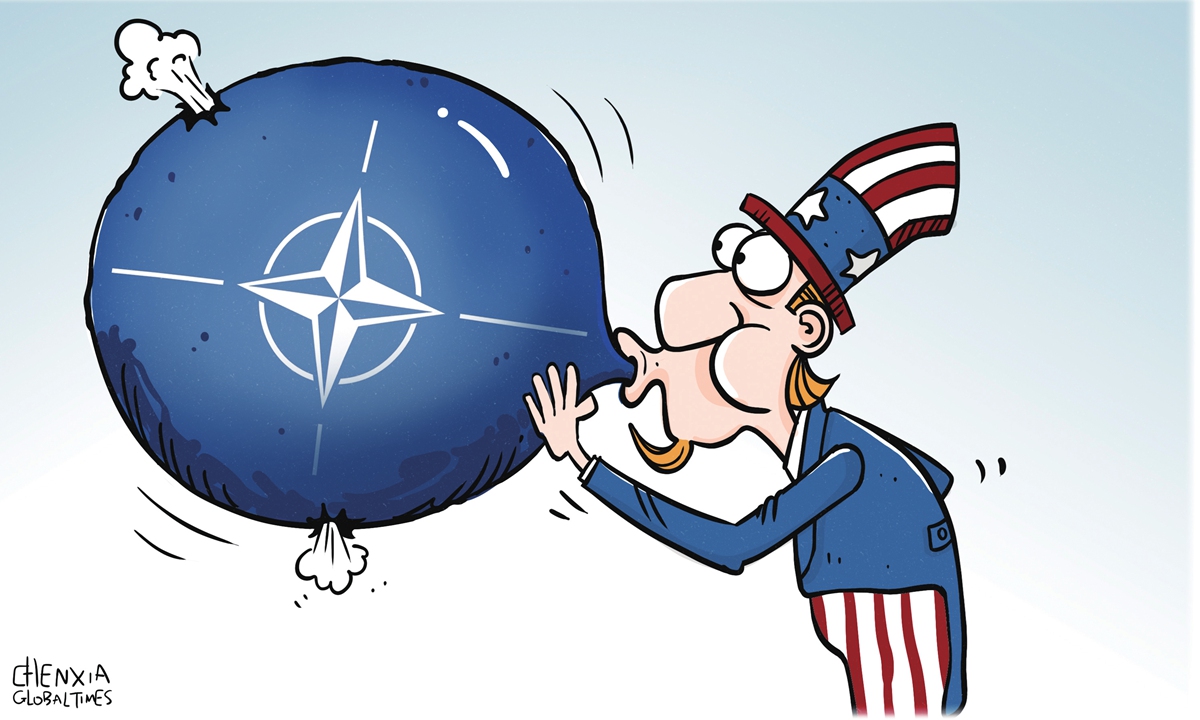 People walking past a mural depicting the faces of Malaysian children at Jalan Raja Chulan, Kuala Lumpur. — AZHAR MAHFOF/The Star\
People walking past a mural depicting the faces of Malaysian children at Jalan Raja Chulan, Kuala Lumpur. — AZHAR MAHFOF/The Star\These include a complexity of business regulations and investment climate; a lack of private investment dynamism; slower productivity growth and capital efficiency; a low level of technology adoption, lack of innovation and technological advancement; shortage of talent and skilled manpower; high dependency on low-skilled foreign workers; corruption; income inequality and regional growth disparity.
Pressures from external sources are getting more complex and intensified on the aspects of competitiveness, geo-economic complexity, economic security threat as well as the disruption of environmental and climate change.
The state of the nation needs a fundamental reset to cope with external shocks and seize new opportunities. It is no longer a choice but a must take fundamental re-orientation.
The “Madani Economy: Empowering the People” framework navigates our desired economic development path (mission, execution and targets) over a 10-year period to rebuild a Better Malaysia that is sustainable, competitive and resilient.
The re-engineering of Malaysia will be anchored on Madani values – sustainability, care and compassion, respect, innovation, prosperity and trust. The seven targets to be achieved over a 10-year period are:
> Top 30 largest economy (currently at 37),
> Top 12 in global competitiveness (currently at 27),
> Top 25 on the Human Development Index (currently at 62),
> Increase labour share of income to 40% (currently at 32.4%),
> Improve Malaysia’s position in the Corruption Perception Index to Top 25 (currently at 61),
> Towards fiscal sustainability, targeting deficit of 3%, or better (currently at minus 5.6% of gross domestic product or GDP in 2022), and
> Increase female labour force participation rate to 60% (currently at 55.5%).
The Madani Economy framework offers clarity on what we aim to achieve; what are the broad strategies and enablers to get there from where we are now.
It consists of two pillars:
> “Raise the ceiling” – which is aimed at restructuring and elevating the economy through greater regionalisation and enhancing competitiveness, driving foreign direct investment (FDI) and domestic direct investment (DDI), digitalisation, sustainable green investment (climate resilience, renewable energy, electric vehicles and food security) as well as moving up the value chain, and
> “Raise the Floor” – ensuring inclusive growth, quality jobs and higher wages and equality of opportunities for all the vulnerable households regardless of race and geographical location.
The narrative serves a framework for current and future actions. It is a call to action to move the agenda forward; to address a broad spectrum of critical issues that we collectively face; and aiming to shed light on what future we face, what future do we want and what must be done to get there.
The initiatives and strategies for addressing the structural problems must be formulated in a coherent way, providing a mapping of macroeconomic policies and constructive policy proposals on the “no finishing line” transformations agenda, and the reshaping of the Malaysian economy is a continuous process.
We know what went wrong and what needs to change. We have to endure the painful transition costs and adjustments when making radical reforms and overhauling the system.
The consideration of our development, economic and social priorities require new systemic changes, reforms of state intervention to facilitate private sector’s growth dynamism, more radical welfare reforms and well-being policies, competitive and high-quality and durable taxation measures and rising awareness of climate change, ecosystem degradation and pollution destroying the environment.
Towards this end, public sector and fiscal reforms are urgently needed to rebuild the fiscal buffers through broadening a narrow revenue base (tax revenue at 12% of total GDP), re-prioritisation of non-critical expenditures, containing high public debt (more than 60% of GDP) and targeted subsidy rationalisation.
We need strong fiscal resources and effective administration capacity. Good fiscal governance is needed to plug leakages, strengthen public delivery efficiency with enhanced tracking of fiscal programmes and spending.
Political rhetoric, including populist rhetoric, must not be deviating from realism. The government needs to carefully weigh on the fiscal budget deficit and ballooning debt sustainability when considering the populist measures as fiscally unsustainable measures can undermine investors’ confidence in the soundness of managing the country’s public finance.
The rollout of the National Energy Transition Roadmap (Part 1) has identified 10 flagship catalyst projects and initiatives (an estimated total investment of more than RM25bil and 23,000 job opportunities) to accelerate the pace of the energy transition.
The New Industrial Master Plan 2030 will map out a comprehensive industrial direction as well as strategies with the aim of positioning Malaysia for new catalytic sectors and industries.
It is a mission-based approach with identified mission-based projects to drive the manufacturing industry transformation in four ways, that is by advancing economic complexity, tech-up for a digitally vibrant nation, pushing for net-zero target, and safeguarding economic security and inclusivity.
While we have the elements (diversity strengths, strategically located in Asia, and diversified economic sectors with strong industrial base) to build on to make Malaysia great again based on a whole of nation approach, strong political conviction is needed and all stakeholders must be committed towards making a “total national reset” to secure a better future for Malaysia.
If we continue with “business as usual” and implement half-baked reforms, Malaysia will continue to regress and achieve sub-par economic growth, and continue to lag behind her regional peers.
Can the country rise to these challenges and restore its economic vibrancy?
Radical changes are needed for transformations to be a competitive nation, and to deliver more just, equitable, sustainable and resilient futures.
This requires fundamental cognitive, behavioural and mindset shifts, including rethinking the role of state, rethinking growth dimension, rethinking resources efficiency, rethinking the commons and rethinking as well as upholding justice and ensuring equitable.
Attempts to promote reforms are politically hazardous, especially when the potential losers are politically influential.
Our observations showed that some political interests often override economic consideration, and any push for economic and market reforms will necessarily have to come from within.
The government must regain credibility and trust of our people, businesses and investors when it comes to economic agenda matters to Malaysians.
These include building a sustainable and resilient economy, fixing the middle-income trap, raising the households’ income, reskilling our manpower for future-proof, providing quality and affordable core services (housing, healthcare, education), as well as making our community safer, inclusive and equitable for all Malaysians regardless of race, religion and geographical location.
Lee Heng Guie is Socio-Economic Research Centre executive director. The views expressed here are the writer’s own.
Related post:
Malaysia Madani to Uplifting economy and quality of life
- New initiative aims to increase GDP, improve wage levels and quality of life The Madani Economy framework to restructure the country...
Prime Minister Anwar Ibrahim's Malaysia Madani similar to Islam Hadhari



















